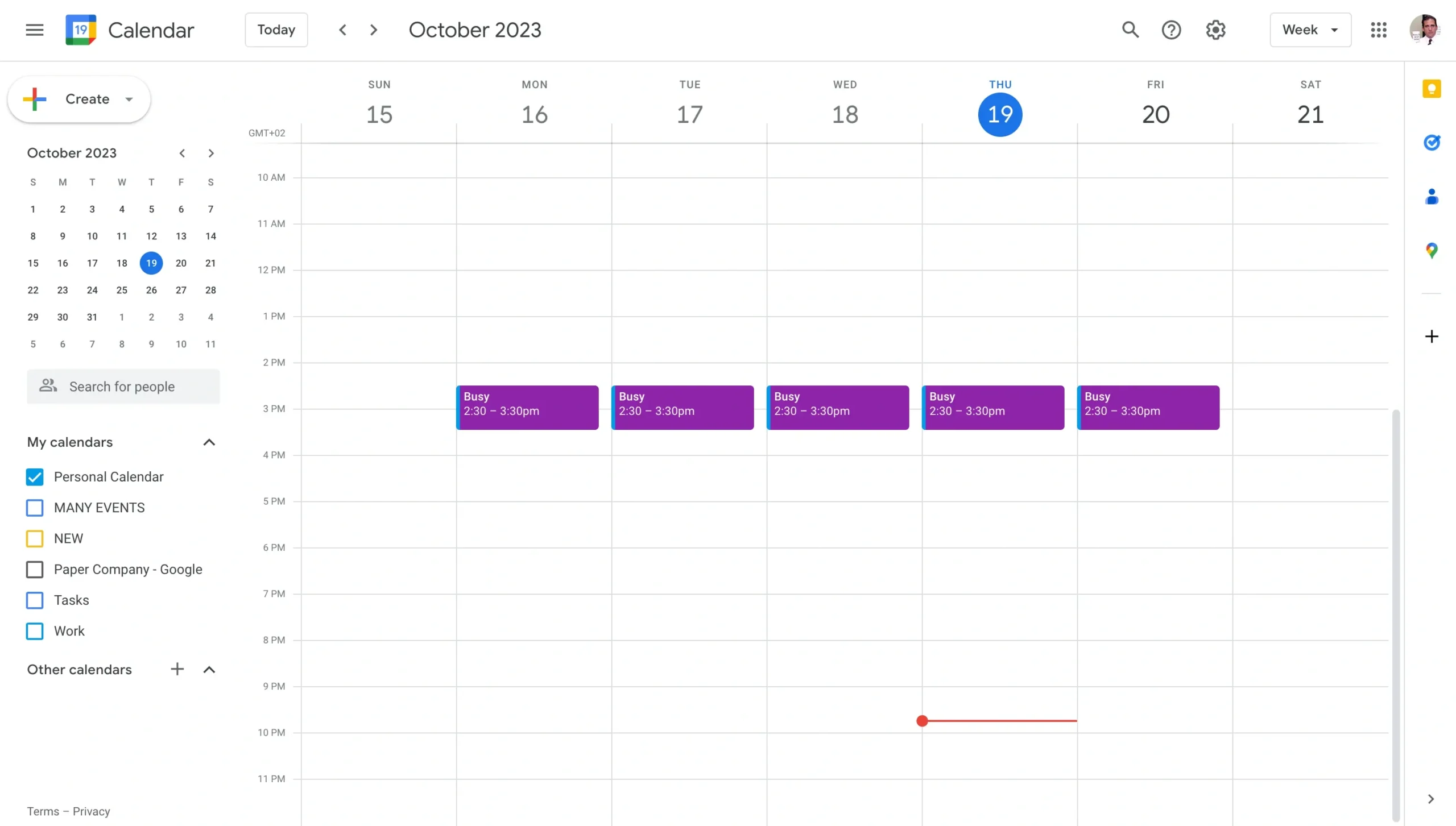DQA Android Introduction:
DQA Android: Ensuring the quality and dependability of applications is crucial in the fast-paced world of Android development. One important component that has gained prominence is DQA Android (device quality assurance). This article delves deeply into the meaning, implications, and challenges of DQA and how it affects Android application development.
1. Understanding DQA Android (Device Quality Assurance)
On DQA Android, the practice of thoroughly testing apps on different devices to guarantee compatibility, functionality, and performance is known as Device Quality Assurance, or DQA. Strict testing procedures are used to find and fix problems with OS updates, device setups, and hardware-specific functionality.
2. Importance of DQA Android Development
DQA Android ensures that Android applications run smoothly across a variety of devices, which is crucial to improving the user experience. It assists developers in locating and resolving compatibility problems early in the development process, which lowers the need for post-launch bug patches and raises app ratings.
3. Key Components of DQA
Several essential elements are needed for a successful DQA implementation:
- Assuring that apps function on various OS versions and device types is known as compatibility testing.
- Performance testing: evaluating an app’s functionality in different scenarios (such as a dead battery or a bad network).
- Security testing: identifying and addressing weaknesses to safeguard user information.
- Usability testing: assessing how easy it is to use the application on various screen sizes and resolutions.
4. Challenges in DQA Android
- Notwithstanding its advantages, the DQA has a number of drawbacks. Fragmentation: handling varying Android OS iterations and hardware requirements.
- Resource intensiveness: It might take a lot of time and resources to test across several devices.
- Integration Problems: ensuring smooth integration with characteristics unique to each device, such as cameras and sensors.
- Best Practices for Effective DQA
In order to optimize DQA Android procedures and boost effectiveness:
- Automation: To expedite testing cycles, use automated testing frameworks.
- Cooperation: Promote dialogue amongst device makers, developers, and testers.
- input Loops: To quickly fix real-world use concerns, include user input into DQA.
6. Impact of DQA Android on User Experience
Strong DQA procedures greatly increase user satisfaction by providing:
· Reliability: Applications that function reliably on several platforms.
- Performance: Effortless functioning under a range of circumstances.
- Security: Guarding user information from threats.
7. Future Trends in DQA
Future developments in DQA Android are anticipated to center on the following:
- AI and Machine Learning: Predictive analysis using AI-driven testing tools.
- Internet of Things Integration: Testing applications on networked IoT devices.
- Continuous Improvement: Using agile techniques to improve DQA continuously.
Frequently Asked Questions
What DQA Android Is Used For?
The main purpose of the https://awebtech.co/how-to-clear-coo…-android-in-2024/ (Device Quality Agent) app is to track and evaluate the network connection quality of the device. It gathers information on signal strength, data speed, latency, stability, and other aspects of network performance and gives the user or system feedback regarding the state of the network connection.
Is the DQA App malware or a virus?
No, there is no malware or virus on the DQA app. It is a valid system app that may be found on select Android smartphones, usually those made by Samsung. DQA is not meant to damage or jeopardize the security of the device; rather, it is created and supplied by the manufacturer as a component of the firmware.
Conclusion
To sum up, in a market where there is fierce competition, Device Quality Assurance (DQA) is essential to the success of Android applications. Developers may reduce risks, improve user happiness, and eventually increase app ratings and retention rates by giving DQA Android top priority. Delivering outstanding Android experiences and mastering DQA will require embracing best practices and being current with emerging trends.
With the help of this in-depth guide on DQA Android, developers, testers, and other stakeholders should be able to overcome the challenges of guaranteeing app quality across various Android ecosystems. In the fiercely competitive world of Android app development, teams may differentiate themselves by comprehending and putting into practice efficient DQA tactics.
